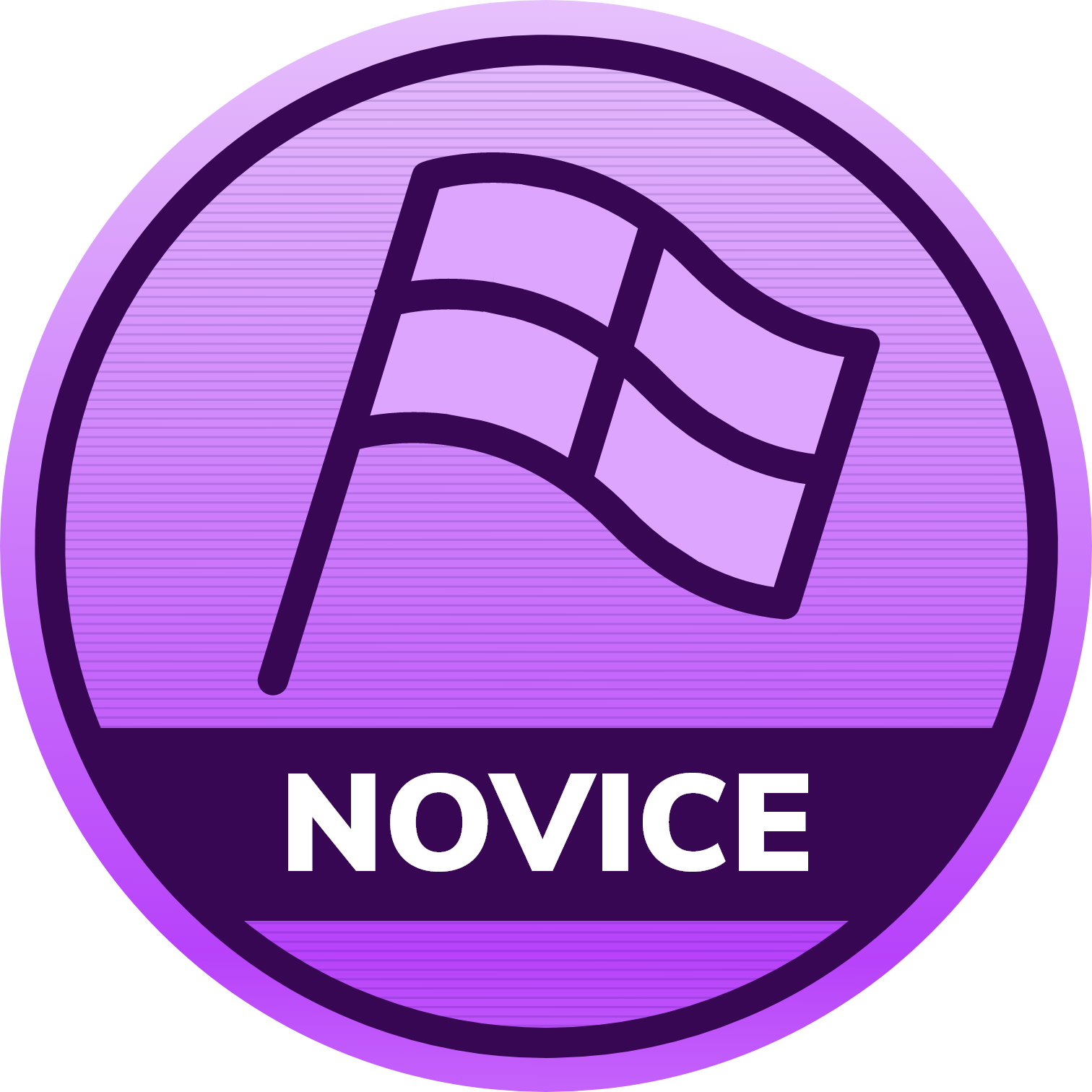Hey @_patricia_. Thanks for sharing the script! We’ve got a little hiccup though. It worked flawlessly for the ‘Notes’ app plist file but the Safari and Slack plist files doesn’t seem to work.
Here’s a preview of the script I used for creating the Safari.plist:
#!/bin/bash
touch ‘/Library/LaunchAgents/com.Safari.plist’
cat > /Library/LaunchAgents/com.Safari.plist <<EOF
<?xml version=”1.0″ encoding=”UTF-8″?>
<!DOCTYPE plist PUBLIC “-//Apple//DTD PLIST 1.0//EN” “http://www.apple.com/DTDs/PropertyList-1.0.dtd”>
<plist version=”1.0″>
<dict>
<key>KeepAlive</key>
<true/>
<key>Label</key>
<string>com.Safari.plist</string>
<key>Program</key>
<string>/System/Applications/Safari.app/Contents/MacOS/Messages</string>
<key>RunAtLoad</key>
<true/>
</dict>
</plist>
Not really sure what’s wrong but I’m guessing it has gotta do something with the application path.

 1559 Views
1559 Views


